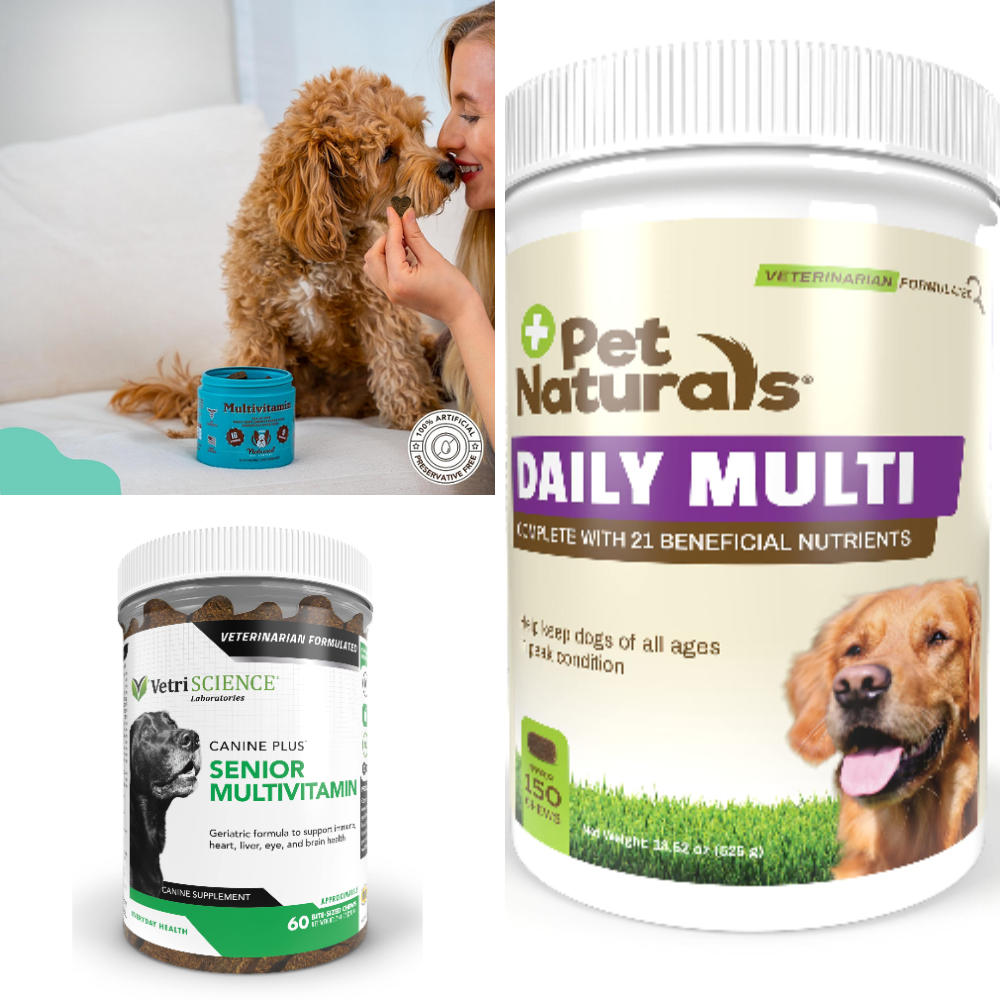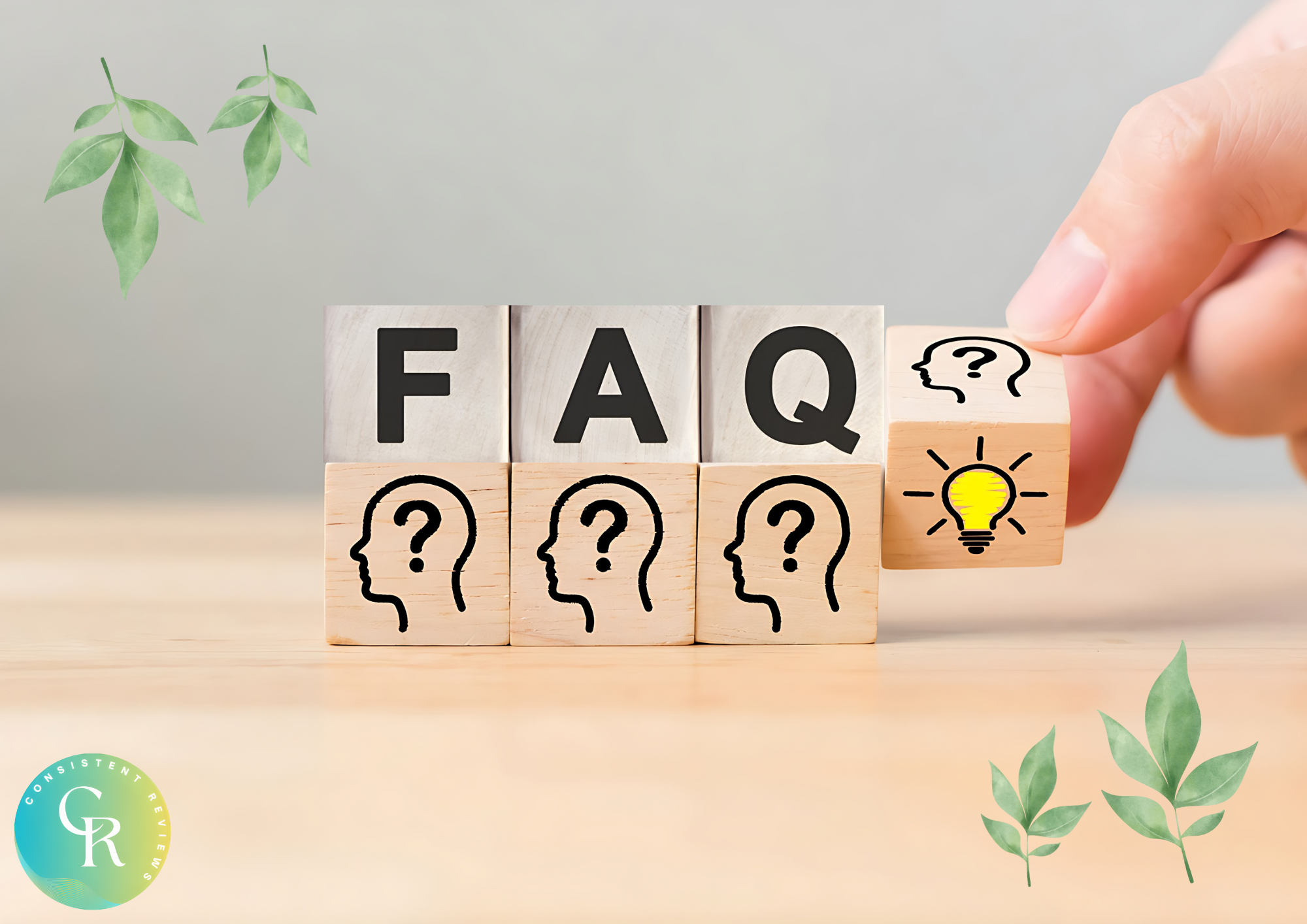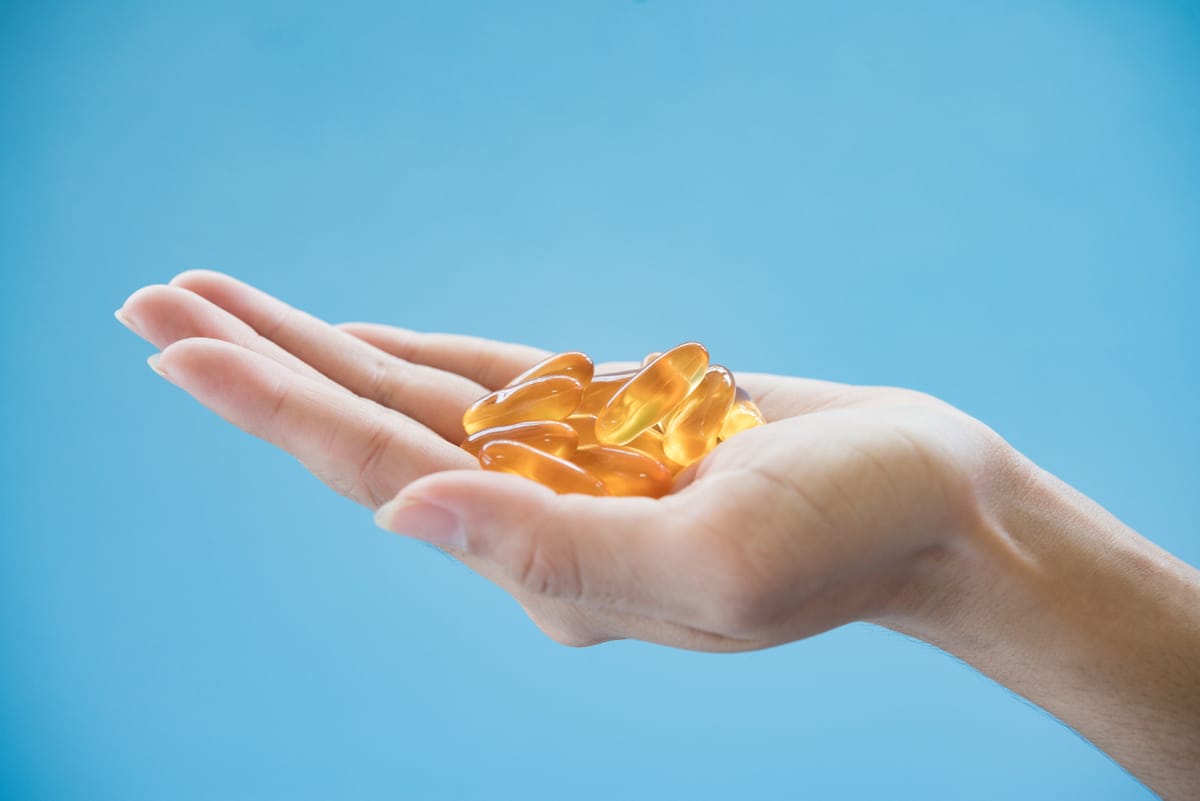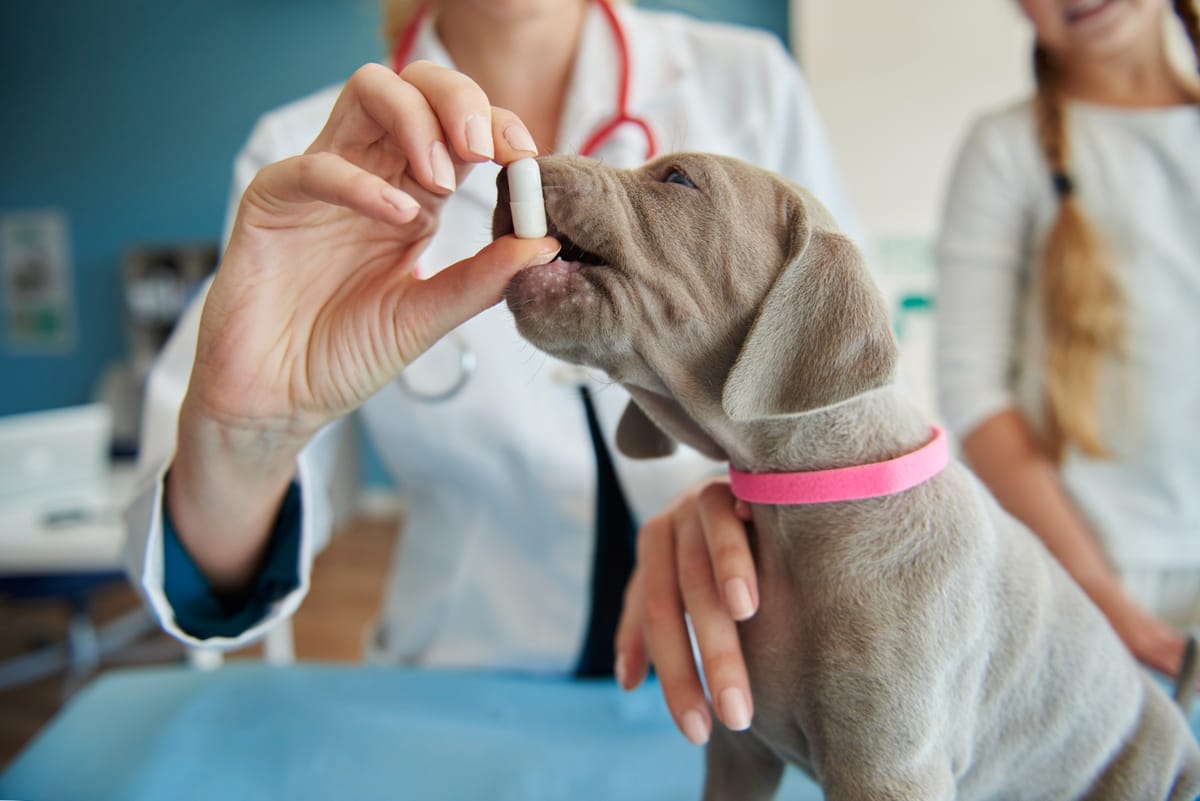Vitamin D, commonly known as the "sunshine vitamin," is a vital nutrient that plays a critical role in preserving the health of both humans and animals. Its significance cannot be overstated. It aids in the absorption of calcium and promotes bone strength. However, it is important to note that excessive levels of vitamin D and too much vitamin D can be harmful, especially to our canine companions.
So, how much vitamin D is considered excessive for dogs? Let's delve into this intriguing topic and explore the potential risks and recommended dosage guidelines.
Understanding the Role of Vitamin D in Dogs
In healthy dogs, vitamin D plays a crucial role in regulating calcium and phosphorus levels, which are vital for maintaining strong bones, teeth, and overall health. While humans can synthesize vitamin D from sunlight, dogs rely on dietary sources, such as commercial dog food, to meet their vitamin D needs.
However, it is important to note that extreme amounts of vitamin D can result in a condition called vitamin D poisoning or toxicity, which can have adverse effects on a dog's health. Therefore, it is crucial for dog owners to ensure that their furry companions receive the appropriate amount of vitamin D to support their well-being.
The Dangers of Vitamin D Poisoning in Dogs
Vitamin D poisoning occurs when a dog ingests a toxic dose of vitamin D, which can happen if a dog consumes human vitamin D supplements, certain types of rat poison, or pet food with excessively high vitamin D levels. This has led to several dog food recalls in the past.
Excess vitamin D leads to increased absorption of calcium from the gastrointestinal tract and decreased excretion of calcium in the urine, resulting in elevated calcium levels in the dog's blood. This condition, known as hypercalcemia, can cause a range of clinical signs including nausea, vomiting, abdominal pain, excessive thirst and urination, weakness, and loss of appetite. If left untreated, it can lead to serious complications such as calcium deposits in the body's tissues, kidney damage, or even life-threatening kidney failure.
Recognizing and Treating Vitamin D Poisoning in Dogs
Signs of vitamin D poisoning in dogs can be subtle initially but may become more apparent as the dog's calcium levels continue to rise. If you notice any signs of vitamin D poisoning in your pet, contact your vet immediately or call the Pet Poison Helpline.
Diagnosis usually involves a thorough physical examination, a review of the dog's diet and recent activities, blood work to check vitamin D and kidney values, and potentially a urine sample to assess kidney function. Treatment primarily aims to decrease absorption of the excess vitamin D and reduce elevated calcium levels.
often involves inducing vomiting if the ingestion occurred recently, administering activated charcoal to bind vitamin D in the gastrointestinal tract, providing IV fluids to promote kidney function and urine production, and potentially using medications such as phosphate binders and gastrointestinal protectants.
Preventing Vitamin D Poisoning in Dogs
As pet owners, we always strive to keep our furry friends healthy and happy. One of the most important ways of ensuring this is by providing them with proper nutrition and supplements. Vitamin D is a crucial nutrient that plays a vital role in the functioning of your dog's immune system and the maintenance of strong, healthy bones. However, extreme amounts of Vitamin D can lead to toxicity, which can be fatal if not treated promptly. In this section, we'll discuss everything you need to know about preventing Vitamin D poisoning in dogs.
Understanding Vitamin D Poisoning in Dogs
Vitamin D is a fat-soluble vitamin that helps regulate levels of calcium and phosphorus in the body, promoting strong bones and teeth. However, when dogs ingest too much vitamin D, it becomes toxic and can cause kidney failure. Signs of vitamin D poisoning in dogs encompass vomiting, reduced appetite, excessive thirst and urination, diarrhea, and lethargy. In severe instances, it can progress to renal failure, seizures, and even fatality.
Sources of Vitamin D Poisoning
The most common source of Vitamin D poisoning in dogs is from accidental ingestion of human supplements or medications. The recommended daily dose of Vitamin D for dogs is 227 IU per pound of body weight. However, some human supplements contain upwards of 10,000 IU per pill, leading to toxicity in dogs. Other sources of Vitamin D poisoning in dogs can come from rat poison, insecticides, and even some plant sources.
Prevention of Vitamin D Poisoning
The best way to prevent Vitamin D poisoning in dogs is to keep all human supplements and medications out of reach and stored in secure containers. Also, ensure you are using dog-specific supplements and not sharing your vitamins with your pup. Avoid exposing your dog to insecticides and rat poison. If your dog has any underlying conditions or is already on a Vitamin D supplement, consult with your veterinarian to ensure the correct dosage.
Treatment for Vitamin D Poisoning
If you suspect your dog has ingested too much Vitamin D, immediate veterinary attention is crucial. Your veterinarian may induce vomiting to remove any remaining toxins, and blood tests may be performed to evaluate kidney function. Hospitalization may be necessary to monitor bloodwork and provide support, such as fluids and medication to protect the kidneys. In severe cases, renal dialysis, and even a blood transfusion may be necessary.
Long-term Effects of Vitamin D Poisoning
If caught and treated early, dogs who have suffered from Vitamin D toxicity can make a full recovery. However, if it goes untreated or is less severe, the long-term effects can include permanent kidney damage, chronic renal failure, and other debilitating health conditions.


Is Vitamin D bad for dogs?
While dogs need Vitamin D to survive and thrive, excessive amounts can be harmful. Vitamin D is a fat-soluble vitamin, which means any excess isn't excreted in urine but stored in the fat tissues of the body. This can lead to toxicity if too much is consumed, causing reduced calcium levels that can damage the kidneys and other organs.
What are the signs of Vitamin D poisoning in dogs?
Symptoms of Vitamin D poisoning in dogs may manifest as vomiting, loss of appetite, increased thirst and urination, excessive drooling, and weight loss. In severe cases, it can even lead to kidney failure. If you observe any of these signs in your furry companion, it is imperative to seek veterinary assistance without delay.
How much Vitamin D is safe for dogs?
The amount of Vitamin D safe for dogs depends on their size, age, and overall health condition. Normally, commercial dog food contains balanced levels of Vitamin D necessary for a dog's health. It's recommended not to give dogs vitamin D supplements without consulting a vet, as even a small amount can be toxic.
What happens if a dog has too much Vitamin D?
If a dog has consumed too much Vitamin D, it can result in vitamin D toxicity, also known as hypervitaminosis D. This causes an increase in calcium and phosphorus levels in a dog's blood, leading to calcification and damage to the heart, kidneys, and other tissues. In extreme cases, it can be life-threatening.
what are the signs of a vitamin D deficiency in dogs?
Signs of a vitamin D deficiency in dogs can include loss of appetite, vomiting, weakness and listlessness, bone fractures, and joint pain. If you notice any of these signs in your dog it is important to take them to their vet for an examination. They will be able to diagnose the problem and develop a treatment plan that is best suited for your pet.
In some cases, dietary changes may be needed, or you may need to supplement with additional vitamin D depending on the severity of the deficiency. You must seek veterinary advice before making any decisions about supplements or diet modifications for your dog. The wrong approach could lead to harm instead of health benefits.

In conclusion, it is important to note that while vitamin D plays a crucial role in supporting the health of dogs, excessive amounts can have detrimental effects. Therefore, it is essential to maintain a balanced diet for your furry friend and ensure regular visits to the veterinarian for check-ups.
By taking the necessary precautions to prevent vitamin D poisoning in your pet, you can ensure that they lead a happy and healthy life filled with vitality and well-being. Your dog's overall health and well-being should always be a top priority, and through proper care and attention, you can provide them with the best possible quality of life.













